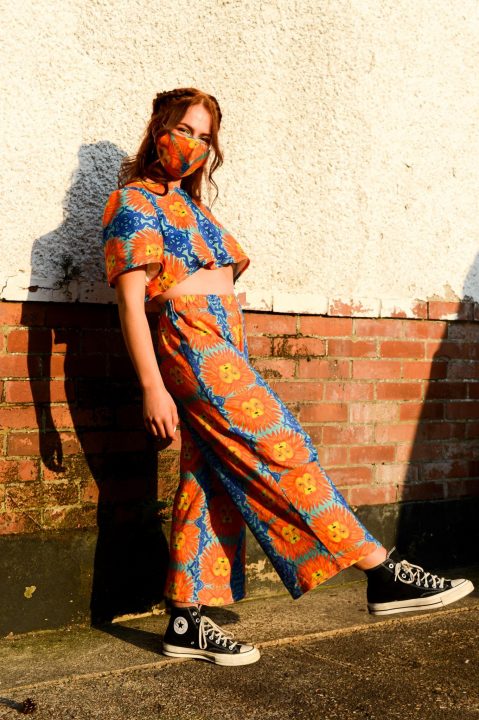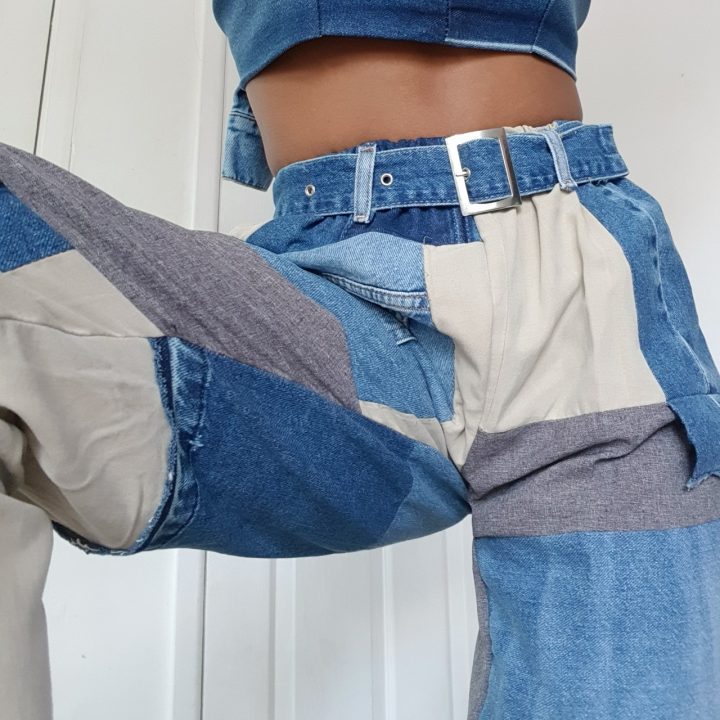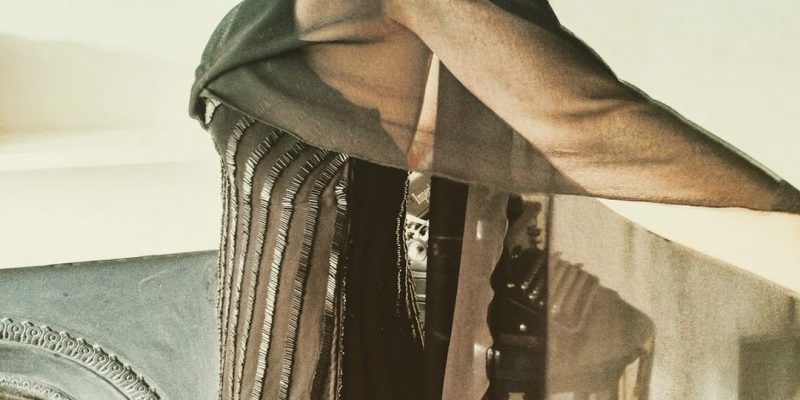Fast fashion is killing our planet and landfill sites are being filled with 5 minute trends.
We found the local brands that are changing the industries landscape with sustainability.
‘Fast Fashion’ is a term coined to describe rapidly produced clothing made cheaply to fulfil the demands consumers following the latest trends.
According to Oxfam, purchasing ‘one white cotton shirt produces the same amount of emissions as driving 35 miles in a car.’
The carbon footprint created by new clothes continues to grow, which is why sustainable fashion is a great way of being socially responsible for a big problem.
Sustainable fashion, not to be mistaken with ethical fashion (which focuses on if the clothes were ethically made) looks at the environmental impact of the clothing produced.
Emily Coleman, 19, started Studio Zipcode as a result of being fed up with the lack of sustainable clothing available. Emily decided to create clothing for herself that she could wear and sell.
Coleman said:
“I [didn’t] want to be buying these polyester flares because every time I wash it, it’s going to leak microplastics.”
Microplastics are small pieces of plastic that are found in water systems, they can be less than five millimetres long and extremely damaging to the environment. According to Water UK, 99.9% of microplastics are removed from the water.

Emily Coleman said: “It’s definitely down to the consumers who have the financial ability to choose where they shop”
“those of us that have the power to choose where our money goes, need to be the ones to drive the change, the ones that are more financially privileged.”
Studio Zipcode, only uses “deadstock, organic or recycled materials” and the garments are produced in house, eliminating air miles.
Research by WRAP shows that the carbon footprint produced by clothes purchased in one month, here in the UK, is considered to be greater than flying around the world 900 times.
Charity shops are often used to depose of old clothes, however unsaleable clothing can cost up to 1,300 a month to dispose of, as stated by Charity retail.
South Street Sally, located in Bridport, is run by Sally Townsend. Sally Townsend sells preloved upmarket upcycled clothing, sourcing her clothes from the local community.
Sally advises against giving unsellable clothing to charity shops.
”There’s a lot of laziness, people throw everything into a large plastic bag and let somebody else sort through it and dispose of it and deal with the problem.”
She then added: “Charity shops, the stuff that they reject, it costs them money for people to take it away and recycle it.”
Ms Townsend explains she loves that places like Selfridges are embracing sustainability with a preloved section. However, Sally Townsend also acknowledges that there needs to be a balance.
“It really is a matter of balancing it, you can’t get ever get rid of fast fashion completely because it would impact on so many people’s livelihoods, there are two sides to the argument.”

Student Kemi Gbadebo, 20, launched her brand GBADEBO on Depop last year.
Gbadebo started off by repurposing old jeans and making them into dungarees, later creating unique two pieces as part of her brand.
It started to gain traction and had celebrities such as Ray Blk and Lost Girl sporting her pieces.
Ms Gbadebo said her products “were basically free to make because all of the trousers I used were cut up and donated.” She added: “they were a pair of my mum’s old jeans, my old jeans, my sisters and all amalgamated.”
Kemi Gbadebo says that sustainable fashion is creeping up.
There are many ways to champion sustainable, whether it be from buying preloved clothing or repurposing old denim, sustainable fashion is an innovative way of keeping stylish whilst helping the environment.
Listen to the full interview with Sephora Landu:
Music: Bensounds


 Students struggle to pay rent as job losses continue
Students struggle to pay rent as job losses continue